What is Gluten: The insoluble protein component of wheat and other grains.
What is Celiac Disease: An immune-mediated disease that results in malabsorption due to the inflammation and damage of the microvilli and villi in the small intestine. Celiac disease is rare.
What is a Gluten-Free Diet: The diet used to treat celiac disease that requires the elimination of foods in the diet that may contain gluten or have come in contact with gluten in the manufacturing process.
Common foods eliminated from the diet: ALL foods prepared with wheat, rye, barley and oats (if manufactured with wheat products). Also, hybrids of these grains should be avoided.
For a complete and updated listing of foods safe to eat and foods to avoid please go to the National Institutes of Health website.
With a gluten-free diet, you want to make sure that you are getting adequate vitamins and minerals. Due to malabsorption, you may already be experiencing vitamin and mineral deficiencies. Also, if you are lactose intolerant, you may not be receiving enough calcium or vitamin D. Other specific nutrients that may be deficient in the gluten-free diet include folate, B vitamins, iron, calcium, fiber, and grain servings. Ask your doctor or dietician if you should be taking a daily multivitamin.
Suggestions for meal preparation:
Look for: Gluten-free products that are enriched with those nutrients that you may be lacking such as iron, folate, and the B vitamins.
Substitute: When baking, substitute one of the following for 1 cup of wheat flour:
1 scant cup fine cornmeal
7/8 cup rice flour (white or brown)
5/8 cup potato starch flour
1 cup corn flour (if finely milled)
Add: Flax meal, almond meal, or Montina into such things as pancakes, hot cereal, smoothies, and casseroles.
Don’t Forget: Beans are a great source of nutrients. Consider making bean or legume side dishes, soups, or one-dish meals.
Buy: A gluten-free cookbook that teaches you how to prepare your favorite meals using whole grains such as amaranth, quinoa, flax, Indian rice grass, millet, teff, sorghum and buckwheat.
Still have questions? Make an appointment with the Clinical Nutrition Specialist to discuss your individual needs.
